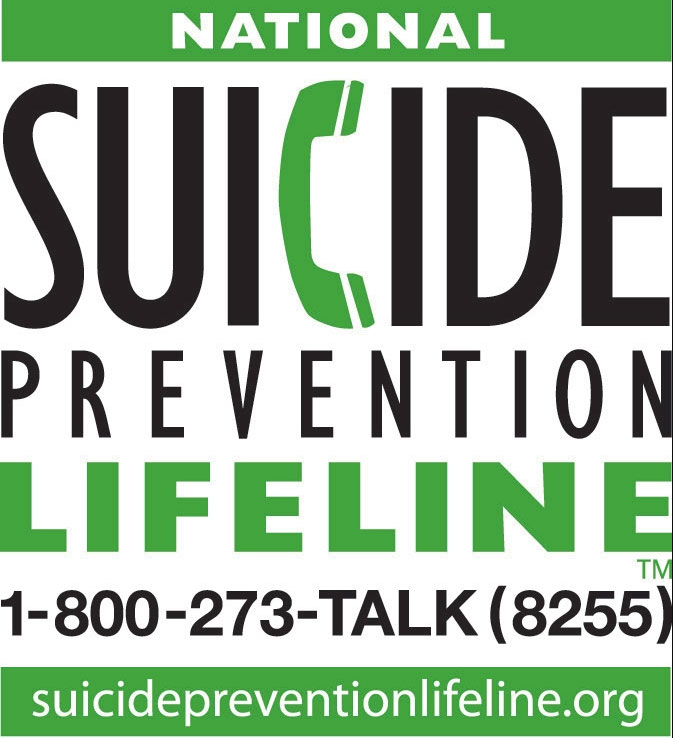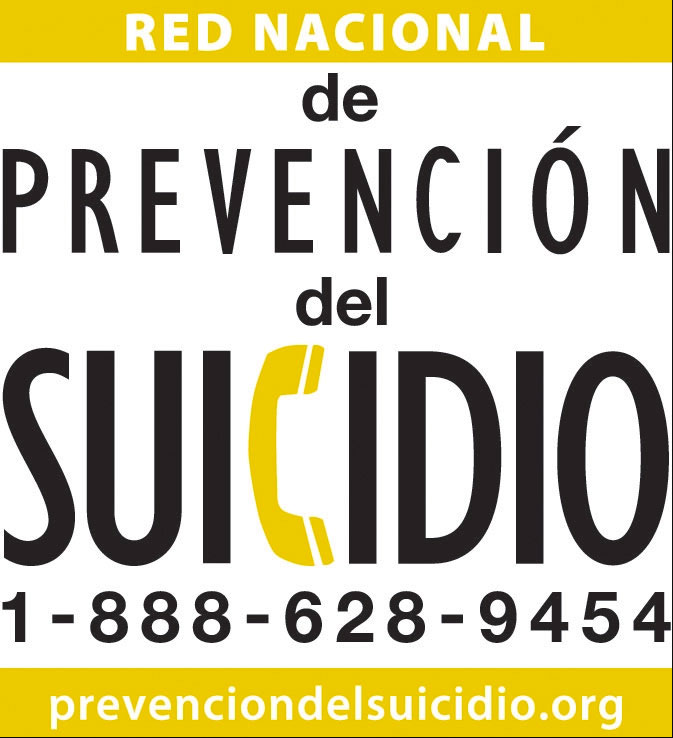Women
Being sad is a normal reaction to difficult times in life. Usually, the sadness goes away with a little time. Depression is different. It is a real medical condition that may cause severe symptoms, which affect how you feel, think, and handle daily activities. Depression is more common among women than men, likely due to unique biological, hormonal, and social factors.
Remember: you can’t just snap out of depression.
Well-meaning friends or family members may try to tell someone with depression to “snap out of it,” “just be positive,” or “you can be happier if you just try harder.” But depression is not a sign of a person’s weakness or a character flaw. The truth is that most people who experience depression need treatment to get better.
If you are a friend or family member of a woman with depression, you can offer emotional support, understanding, patience, and encouragement. But never dismiss her feelings. Encourage her to talk to her doctor and remind her that with time and treatment, she can feel better.
Certain Types of Depression Unique to Women
Pregnancy, the postpartum period, perimenopause, and the menstrual cycle are all associated with dramatic physical and hormonal changes. Certain types of depression that occur at different stages of a woman’s life include:
Premenstrual Dysphoric Disorder (PMDD)
Most people are familiar with the term “PMS” or premenstrual syndrome. Moodiness and irritability in the weeks before menstruation are quite common and the symptoms are usually mild. But there is a less common, more severe form of PMS called premenstrual dysphoric disorder (PMDD). PMDD is a serious condition with disabling symptoms such as irritability, anger, depressed mood, sadness, suicidal thoughts, appetite changes, bloating, breast tenderness, and joint or muscle pain.
Perinatal Depression
Being pregnant isn’t easy. Pregnant women commonly deal with morning sickness, weight gain, and mood swings. Caring for a newborn is challenging too. Many new moms experience the “baby blues”—a term used to describe feelings of worry, unhappiness, mood swings, and fatigue. These feelings are usually somewhat mild, last a week or two, and then go away as a new mom adjusts to having a newborn. Perinatal depression is depression during or after (postpartum) pregnancy.
Perinatal depression is much more serious than the “baby blues.” The feelings of extreme sadness, anxiety, and exhaustion that accompany perinatal depression may make it difficult to complete daily care activities for a new mom and/or her baby. If you think you have perinatal depression, you should talk to your doctor or a trained mental health care professional. If you see any signs of depression in a loved one during her pregnancy or after the child is born, encourage her to see a health care provider or visit a clinic.
Perimenopausal Depression
Perimenopause (the transition into menopause) is a normal phase in a woman’s life that can sometimes be challenging. If you are going through perimenopause, you might be experiencing abnormal periods, problems sleeping, mood swings, and hot flashes. But it is a myth that it is “normal” to feel depressed. If you are struggling with irritability, anxiety, sadness, or loss of enjoyment at the time of the menopause transition, you may be experiencing perimenopausal depression.
Signs Unique to Women
Women tend to experience mental illness slightly differently than men. Specifically, women are more prone to internalizing mental illnesses such as depression and anxiety, while men are more prone to externalizing mental illnesses such as drug abuse, alcoholism, and antisocial behaviors.
An internalizing mental illness is one which causes a person to turn inward. It often leads to withdrawal, ruminating, loneliness, and feelings of sadness. Women who find themselves retreating from life and internalizing their emotions should consider the possibility of a mental illness when this sign is combined with other factors.
Women also tend to experience more physical symptoms in the context of mental illness than men. Headaches, stomachaches, chronic pain, and high blood pressure can all be symptoms of mental illness. Other physical signs include sleep difficulties, weight fluctuations, lack of energy, or a low sex drive. Physical symptoms should always be checked out by a medical doctor. But, once a medical diagnosis is ruled out, women who experience unexplained physical symptoms may consider the possibility of undiagnosed mental illness.
Some of the health effects of stress are the same for men and women. For example, stress can cause trouble sleeping and weaker immune systems. But there are other ways that stress affects women.
- Headaches and migraines. When you are stressed, your muscles tense up. Long-term tension can lead to headache, migraine, and general body aches and pains. Tension-type headaches are common in women.
- Depression and anxiety. In the past year, women were almost twice as likely as men to have symptoms of depression. Women are more likely than men to have an anxiety disorder, including post-traumatic stress disorder, panic disorder, or obsessive-compulsive disorder.Research suggests that women may feel the symptoms of stress more or get more of the symptoms of stress than men. This can raise their risk of depression and anxiety.
- Heart problems. High stress levels can raise your blood pressure and heart rate. Over time, high blood pressure can cause serious health problems, such as stroke and heart attacks. Younger women with a history of heart problems especially may be at risk of the negative effects of stress on the heart.Learn more about stress and heart disease.
- Upset stomach. Short-term stress can cause stomach issues such as diarrhea or vomiting. Long-term stress can lead to irritable bowel syndrome (IBS), a condition that is twice as common in women as in men. Stress can make IBS symptoms such as gas and bloating worse.
- Obesity. The link between stress and weight gain is stronger for women than for men. Stress increases the amount of a hormone in your body called cortisol, which can lead to overeating and cause your body to store fat.
- Problems getting pregnant. Women with higher levels of stress are more likely to have problems getting pregnant than women with lower levels of stress. Also, not being able to get pregnant when you want to can be a source of stress.
- Menstrual cycle problems. Women who experience chronic or long-term stress may have more severe premenstrual syndrome (PMS) symptoms or irregular periods. Some studies link past abuse or trauma to more severe PMS.
- Decreased sex drive. Women with long-term stress may take longer to get aroused and may have less sex drive than women with lower levels of stress. While not surprising, at least one study found that women with higher stress levels were more distracted during sex than other women.
There is no “one-size-fits-all” for treatment. It may take some trial and error to find the treatment that works best.
Resources
www.who.int/mental_health/prevention/genderwomen/en/
www.womenshealth.gov
https://www.womenshealth.gov/mental-health/good-mental-health/stress-and-your-health/#4



